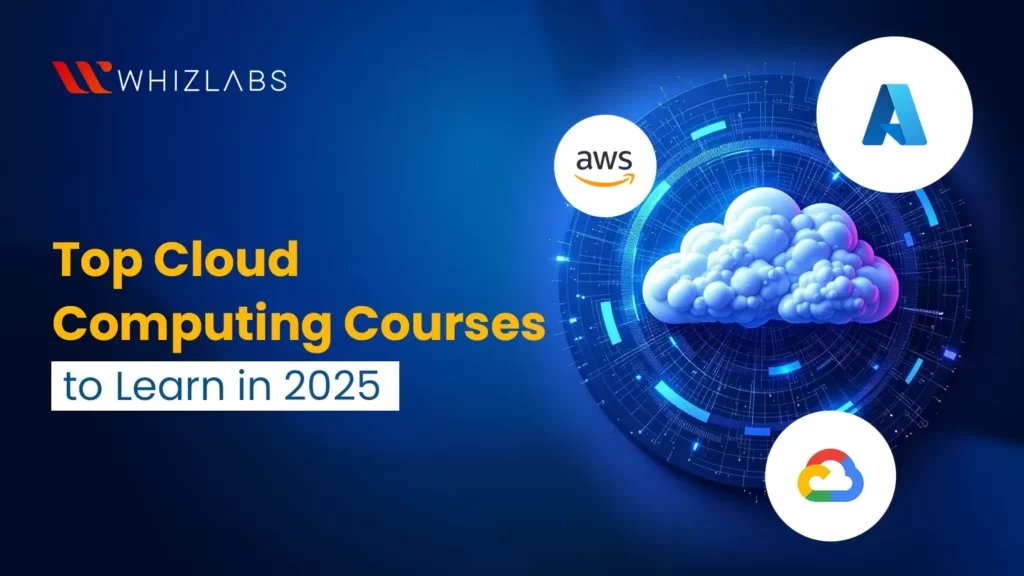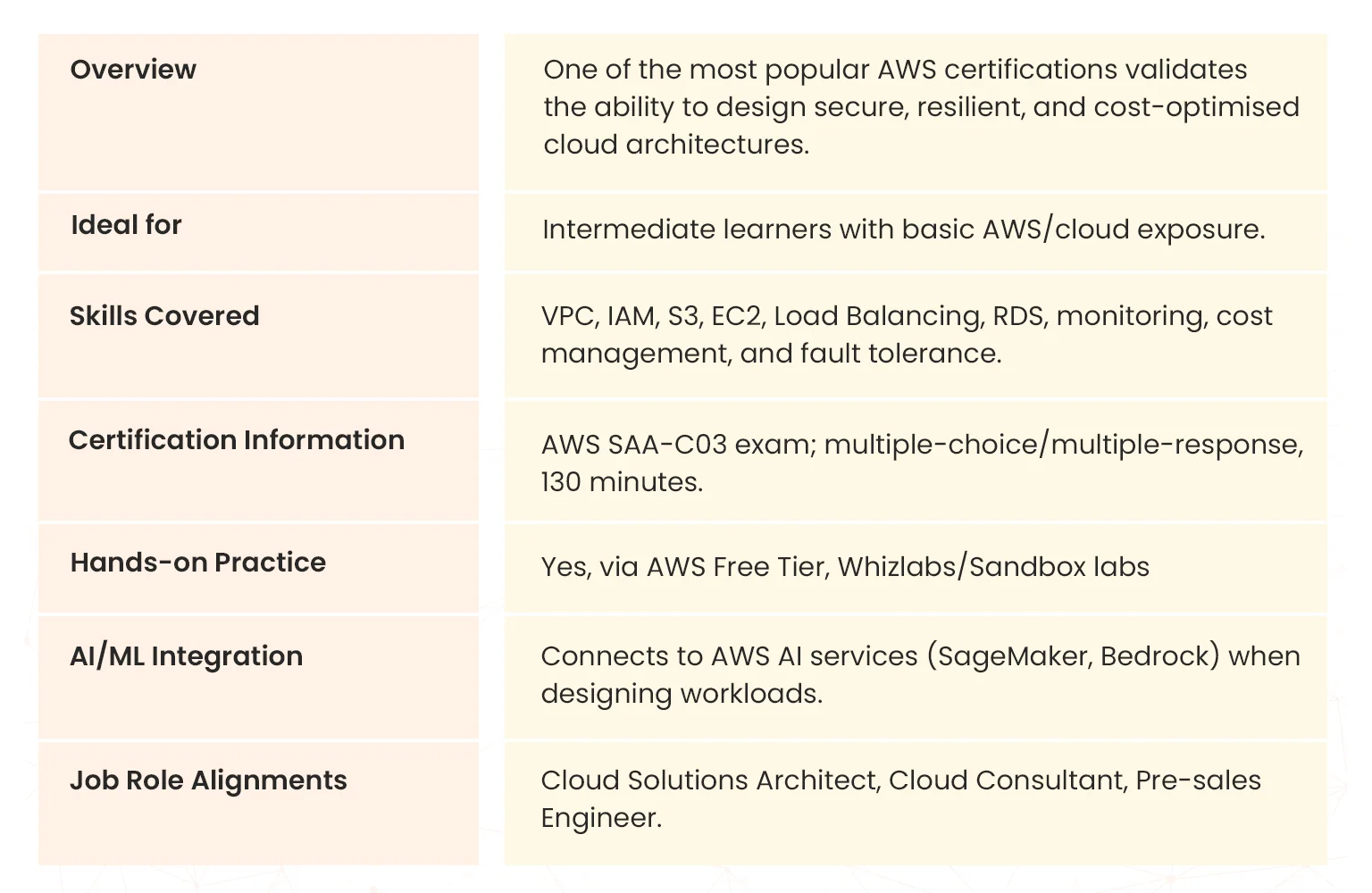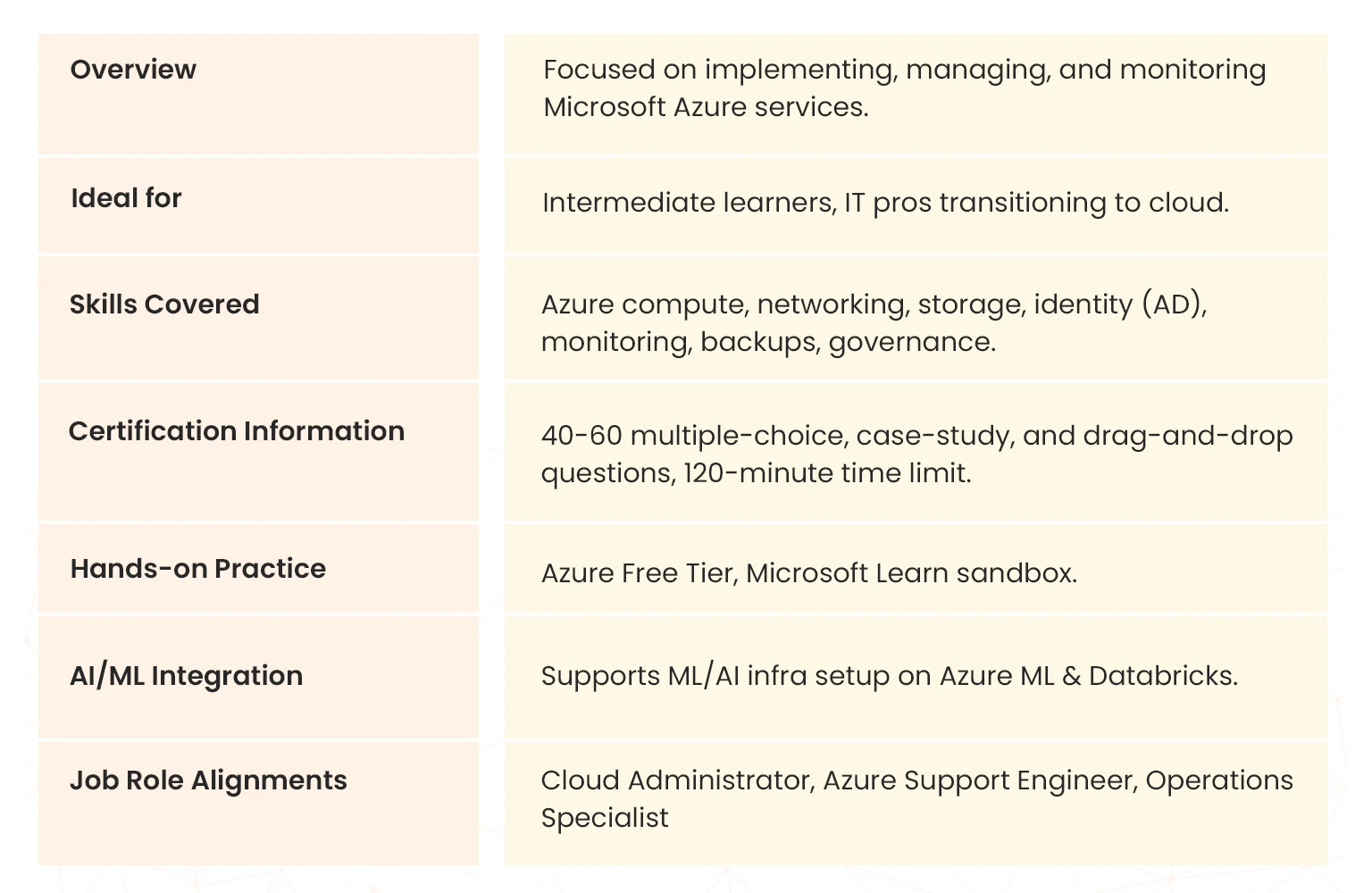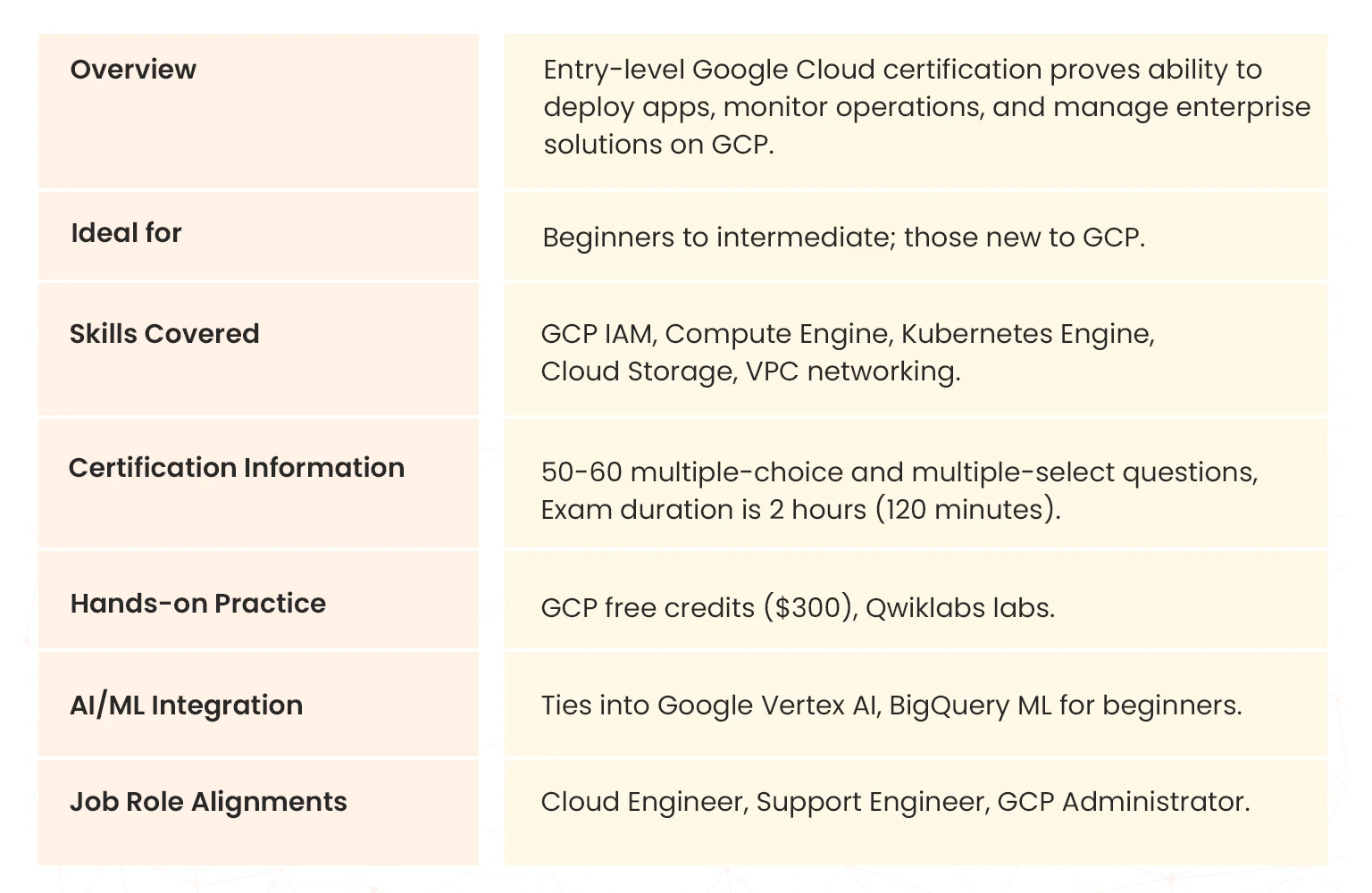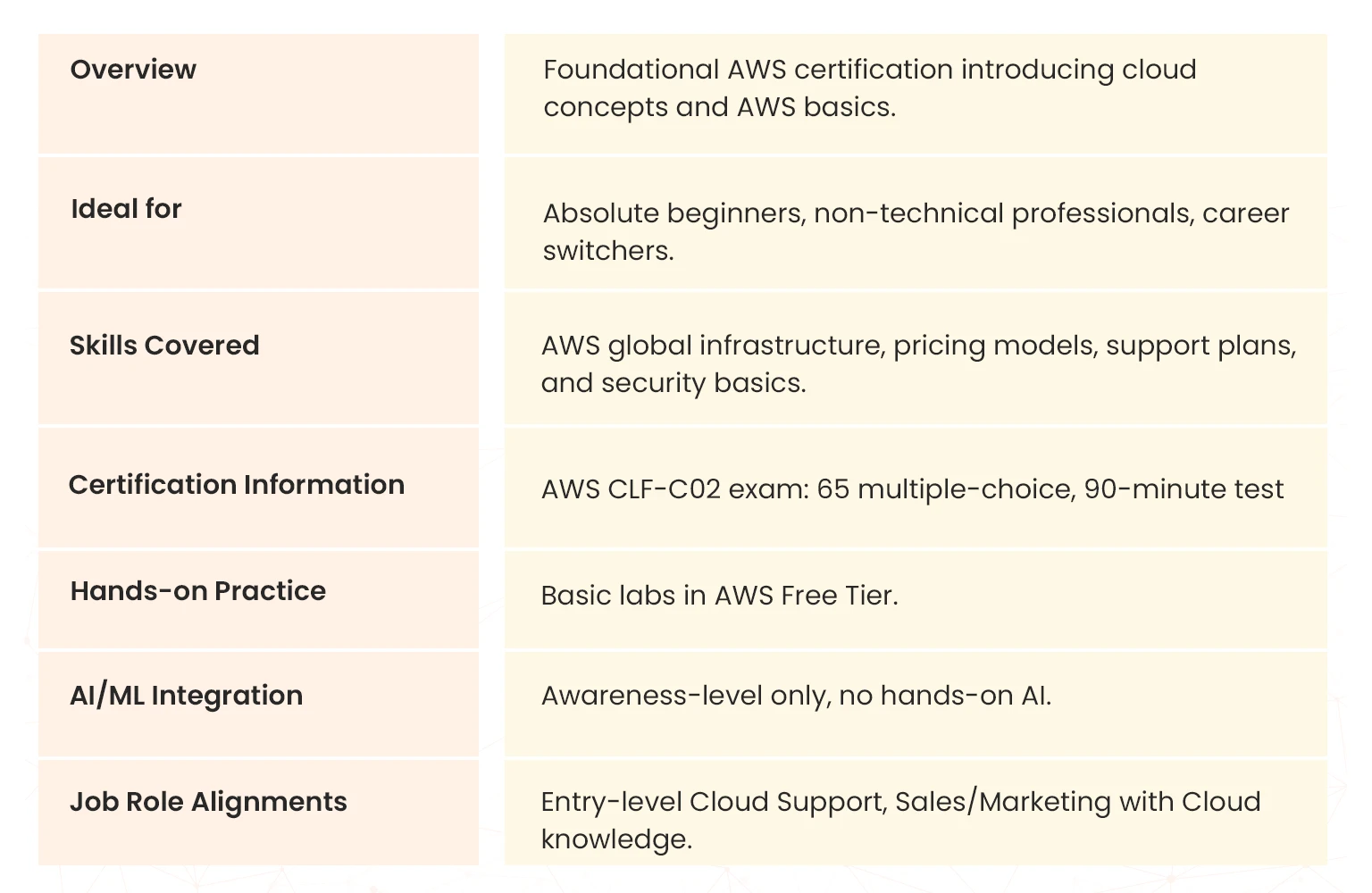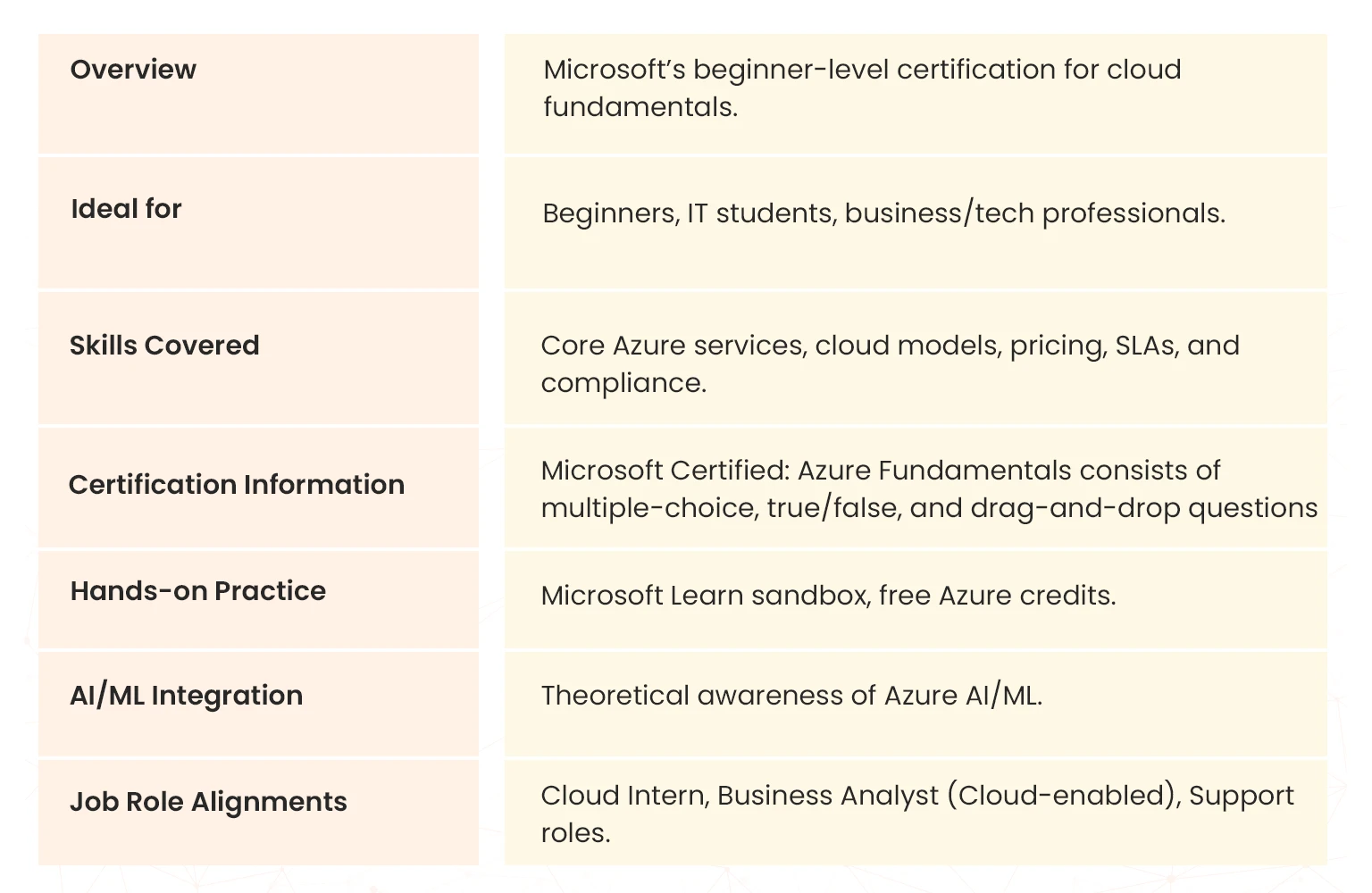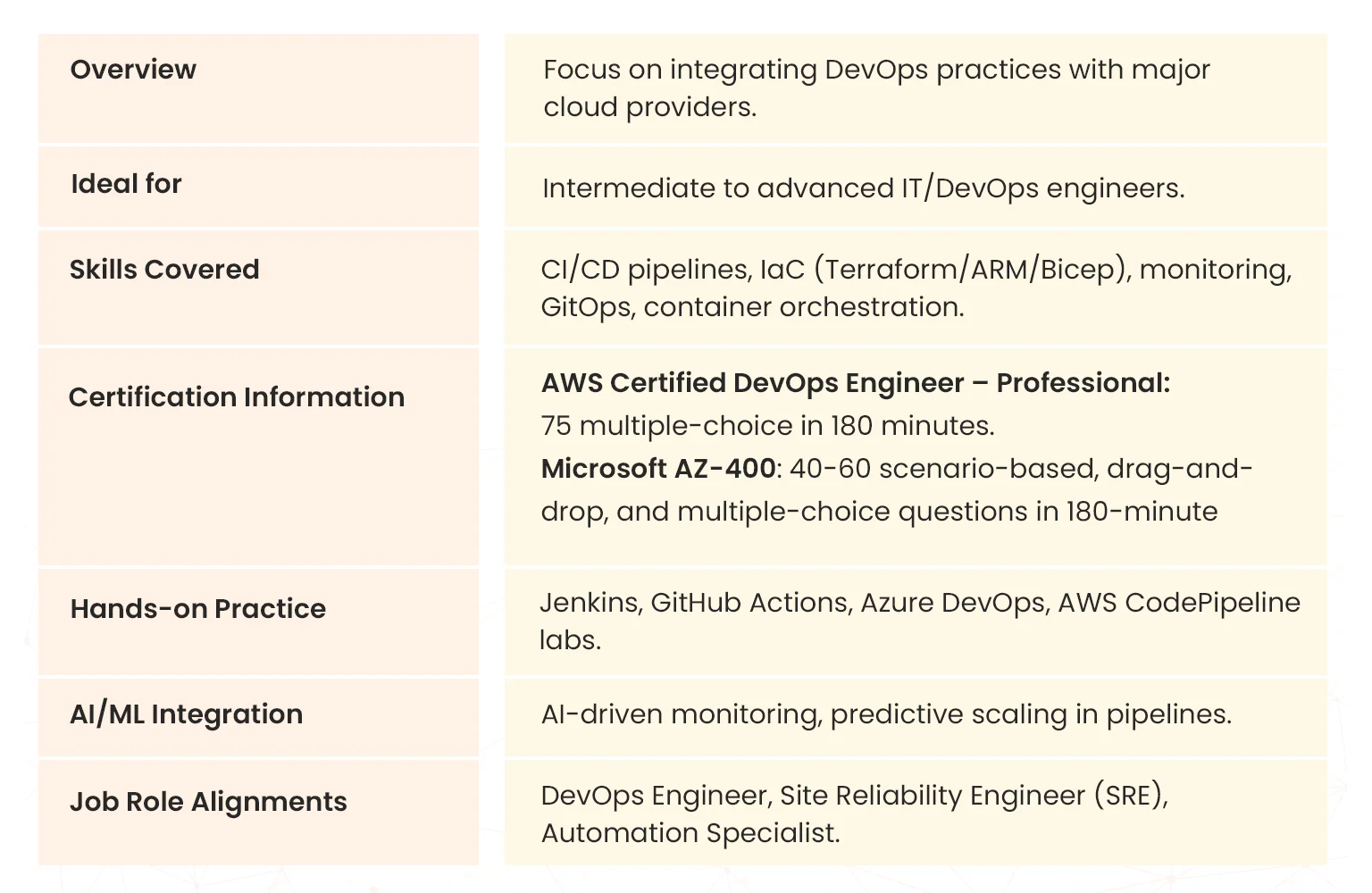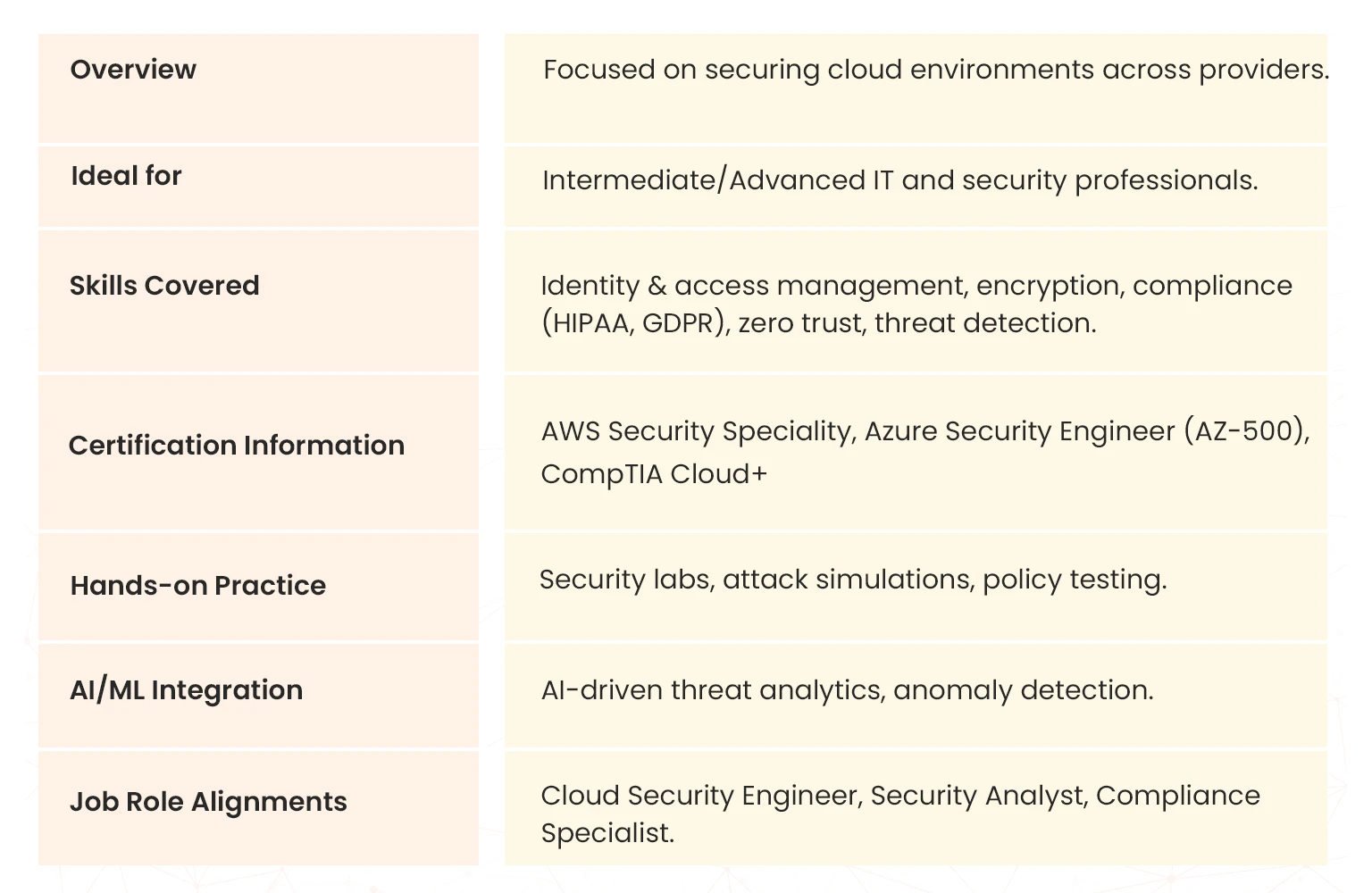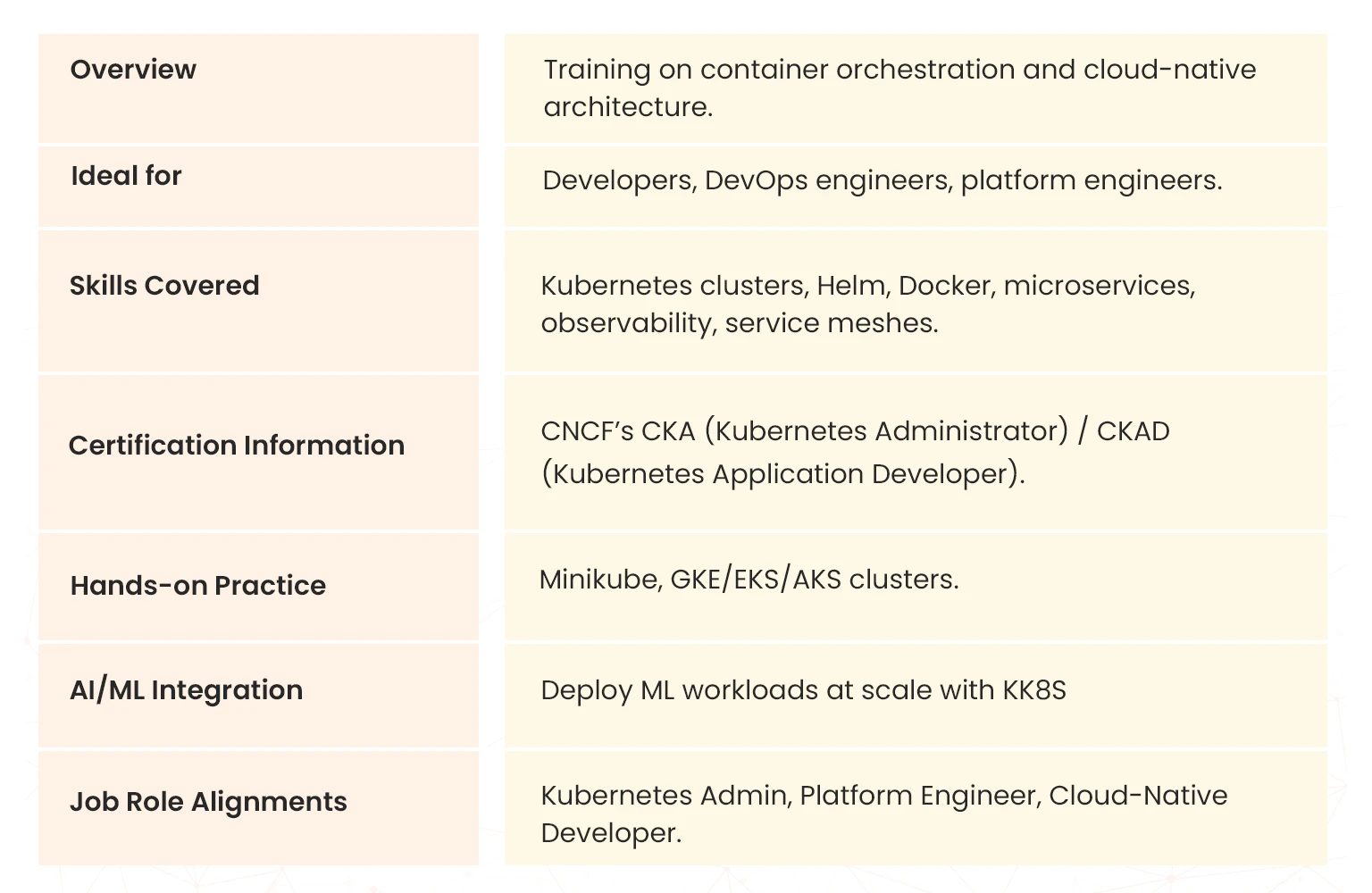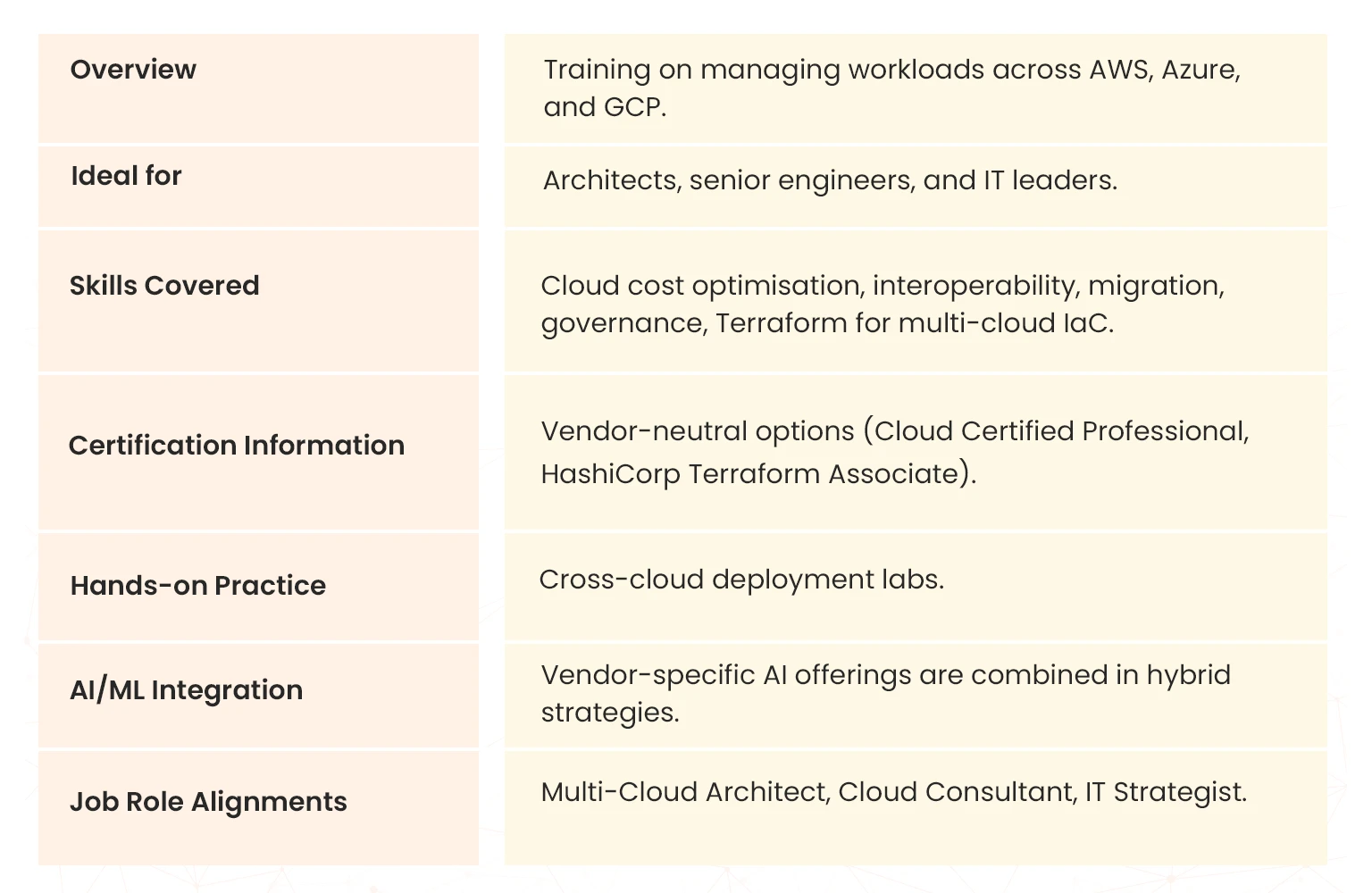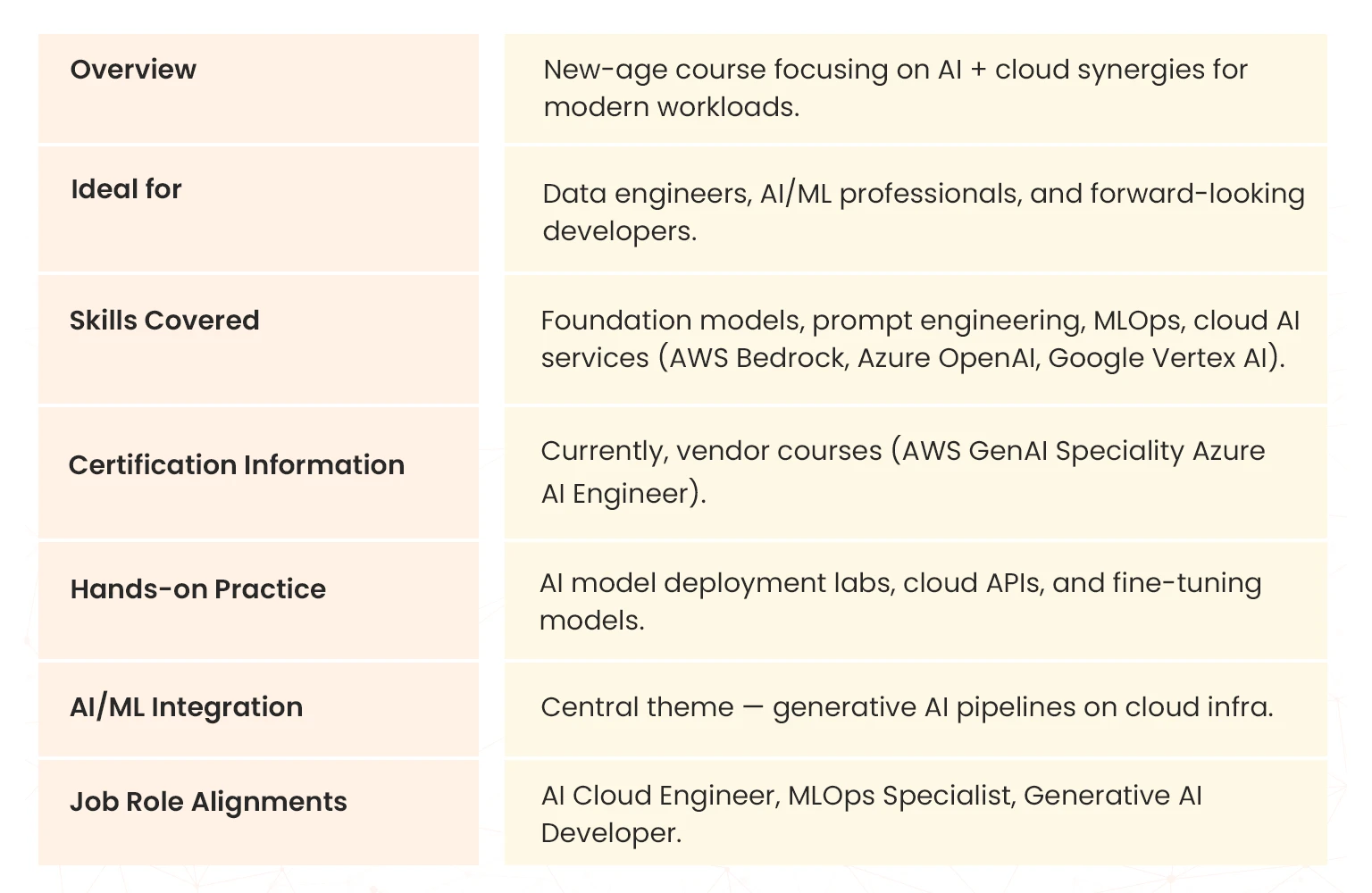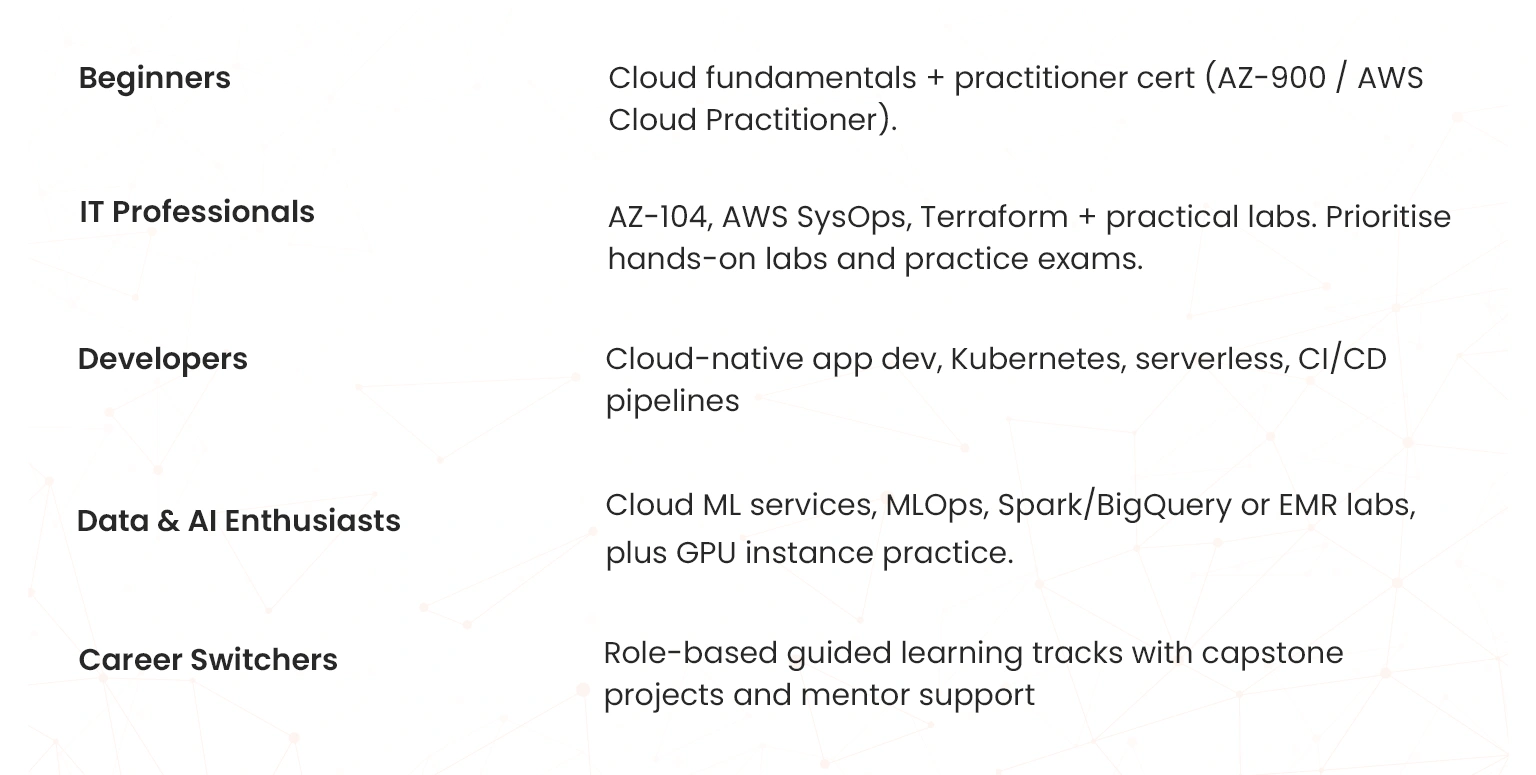In this blog, let us explore what are the Top cloud computing courses to learn in 2025 and how they contribute to upskilling your career for better growth and opportunities. Let’s get started.
Highly Competitive Cloud Marketing 2025
- The 2024 LinkedIn report clearly reveals that 7 out of 10 cloud-related job listings make an explicit claim for certifications or demonstrable hands-on experience with platforms like AWS, Azure, or Google Cloud.
- In the competitive ecosystem, cloud skills are inevitable in the process of hiring for any tech role. And the market is expected to reach $800 billion soon.
- Employers are looking for credentials more than just a degree; they are looking for role-based skills validated through certifications, demonstrating real-world competency to manage cloud infrastructure, security, automation, and services.
- Be it a beginner, for career switching or IT professionals who want to stay relevant to the trend, it’s important to invest in top cloud computing courses and certifications for truly lucrative and future-proofing roles across industries.
Top Cloud Computing Courses to Learn in 2025
1. AWS Certified Solutions Architect – Associate
2. Microsoft Azure Administrator (AZ-104)
3. Google Associate Cloud Engineer
4. AWS Cloud Practitioner (Beginner Friendly)
5. Azure Fundamentals (AZ-900)
6. DevOps with AWS or Azure
7. Cloud Security Specialisation
8. Kubernetes & Cloud-Native Fundamentals
9. Multi-Cloud Strategies for Enterprises
10. Cloud Computing with Generative AI (New-Age Course)
Why Cloud Computing Skills Matter in 2025?
1. Impact of AI and Automation on Cloud Jobs
The rise of Artificial Intelligence isn’t replacing cloud roles; it evolves them. The global report projects that there is a 21% net increase in hiring due to AI adoption by 2025. The demand is expected to grow further by 2026, as expected by the Linux Foundation. It’s time for cloud professionals to circle back to learning and updating their skills now and then. And those who efficiently operate with AI-driven operations like AIOps, automation and infrastructure optimisation. To be specific, AI-driven monitoring tools can reduce Mean Time to Detect (MTTD) by 15-20% and cut the incident rate by over 50%. Today’s cloud requires professionals who can not only manage infrastructure but also intelligently orchestrate and automate it.
2. Cloud Usage Across Industries (Healthcare, Finance, IT, etc.)
Cloud adoption spreads across all sectors, like Healthcare, finance, government, retail, and manufacturing. All of it is rapidly migrating to cloud platforms for agility, compliance, and scalability. In 2025, global spending on cloud services is projected to exceed $1.3 trillion. When Microsoft is investing $3 billion in Azure AI infrastructure in India, it targets both capacity expansion and workforce upskilling. The innovations translate into diverse roles from deploying HIPAA-compliant healthcare workloads to enable fintech infrastructure and manage AI-powered cloud pipelines in enterprise environments.
3. High-Paying Job Roles in Cloud (Cloud Architect, DevOps Engineer, etc.)
Cloud careers are versatile and pay well.
- In the U.S., Cloud Engineer roles range between $129,464 annually.
- Globally, Azure Solutions Architect Expert and AWS DevOps Engineer Professional certifications command salaries $145,000+ and $150,000+, respectively.
- The global salary for mid- to senior-level Cloud Architects and DevOps Engineers ranges between $140K–$200K+
- In Australia, Azure and AWS Cloud Architects average AUD 150,909 (~USD 100K+) annually.
Cloud computing is a pivotal, high-value skill of 2025, it’s propelled by AI integration across industries. For architecting infrastructure, automating pipelines, to managing hybrid environments, the cloud skills unlock opportunities across sectors and deliver exceptional career value.
How did we win these Top Cloud Courses?
Evaluating a practical, job-focused rubric designed to answer the hiring manager’s question:
“Will this course make a candidate ready for today’s cloud roles?”
The ranking combines market signals based on demand and salaries, skill-transfer evidence with hands-on practice and labs, and provider credibility – their industry recognition, course depth, and support.
1. Based on Job Demand
- Volume of job postings listing platform-specific skills (AWS/Azure/GCP) and role titles like Cloud Engineer, DevOps, Cloud Architect.
- Salary ranges and employer investment in public cloud, such as IaaS or PaaS, are a proxy for where hiring budgets flow.
- Emerging demand for drivers such as AI/ML hosting, hybrid/edge deployments, and FinOps responsibilities.
2. Hands-On Labs & Certification Paths
- Presence and quality of interactive labs, sandboxes, or cloud playgrounds
- Alignment of certification objectives.
- Real-world scenario covering troubleshooting, monitoring, IaC, CI/CD pipelines, and cost/capacity planning.
3. Industry-Recognised Training Providers
- Provider reputation and market adoption in terms of enterprise customers, partnerships with cloud vendors.
- Breadth of catalogue-like platforms covered, pathway progression from fundamentals to speciality instructor quality, update cadence, ensure the content is current with cloud releases, learner reviews, and pass-rates where available.
Free vs Paid Cloud Courses — What Should You Choose?
When to Start Free
Starting with free learning is a good choice, it validates interest, builds fundamentals, or constrains by budget.
- Learning core concepts like cloud models, basic services via Microsoft Learn, AWS Skill Builder, Google Cloud Skills Boost, or Coursera audit tracks.
- Trying short guided projects kicks the radar off.
- Getting a sense of which cloud platform or role, such as admin, dev, security, or data, fits you before spending.
Why Paid Certifications Offer More ROI?
- A structured learning path maps directly to certification objectives.
- Guided hands-on labs or sandboxed environments simulate production tasks, accelerating skill acquisition and job readiness.
- Industry-recognised certification preparation gives Recruiters and ATS the credentials.
- Paid courses increase interview callbacks and salary prospects, especially if the course includes labs, projects, and certification vouchers.
- Use paid learning for measurable career outcomes.
Tips to Choose the Right Cloud Course in 2025
1. Career Goals vs Learning Goals
Decide what you are learning for, aiming for a job or learning a skill for a project, as each of them serves different purposes. Courses that prepare for certification + labs are best for a job, while topic courses and guided projects work for skill-building. And then match the course outcomes for the job descriptions.
2. Vendor-Specific vs Vendor-Neutral Learning
Choose the platform based on your target employer’s usage, as Certifications map closely to job roles when you want portability across clouds or aim for platform-agnostic roles. The SRE, multi-cloud architect skills are in high demand alongside provider certs.
3. Role-Based Paths (Developer vs Architect vs Data Engineer)
- For Developers, Cloud-native app development, serverless, containers, CI/CD
- Architects need Deep design courses, networking, security, cost optimisation, and tiered account structures.
- Data/ML Courses include managing data services, model deployment, and cost-efficient inference.
Choose the right source for the right goals.
Career Outcomes After Completing These Cloud Courses
Salary Trends 2025
- Mid-level cloud roles like Cloud Engineer, DevOps, the average salary is $120K–$150K in many markets. While the senior architects and specialists range $15–$200K+.
- Certain platform certs like Solutions Architect, DevOps Pro, and CloudArchitect collaborate strongly with top-tier salaries.
Freelancing vs Full-time Opportunities
- High demand for cloud skills in migration projects, IaC scripting, and managed services. Short-term gigs pay well and are ideal for experienced practitioners.
- Large enterprises prefer full-time cloud ops and platform teams. These roles provide stability, career progression, and benefits. Certification + projects make it easier to land salaried roles.
Remote Cloud Jobs Growth
Remote/hybrid roles continue to expand, ~40% of jobs allow some remote work in 2025. Cloud roles are particularly remote-friendly as the work is platform-based, and collaborative tooling is mature.
To Sum up
Choosing the right cloud course in 2025 depends on what career goals you have and want to pursue. If you want an entry-level cloud job quickly, start with a fundamental certification like AZ-900 or AWS Cloud Practitioner, then move to AZ-104 or the AWS Solutions Architect Associate (SAA). Meanwhile, ensuring at least 30–50 hours of hands-on labs and sandbox training is a great thing. Whizlabs has a wide range of all categories of individuals. From aspiring to becoming a developer or platform engineer, scaling from mid to senior level, from Kubernetes, Terraform, to AWS Developer or Azure DevOps, along with CI/CD lab or even bigger like Architect Professional or DevOps certifications, practice got it all. The Practice tests, video courses, Hands-on labs and Sandboxes all in one place. It offers to map directly to certification blueprints and include sandbox environments, making them highly effective for real-world preparation. So get started and build your future, waiting for nothing.
- AWS Generative AI Developer Certification 2026 Guide - February 12, 2026
- AWS CLF-C02 Cloud Practitioner Study Plan: 2 vs 4 vs 6 Weeks - January 30, 2026
- HashiCorp Terraform Associate 004 Preparation Guide 2026 - January 7, 2026
- Developer to AI Engineer: AWS AI Career Path for 2026 - December 19, 2025
- How to Prepare for SAP-C02 After AWS Associate? - December 10, 2025
- Complete Overview of Microsoft AB-900, AB-730, AB-731, AB-100 - December 3, 2025
- Step-by-step guide to prepare AWS AIF-C01 in 2026 - November 3, 2025
- 7 Reasons to Get Scrum Master Certification in 2025 - September 30, 2025

